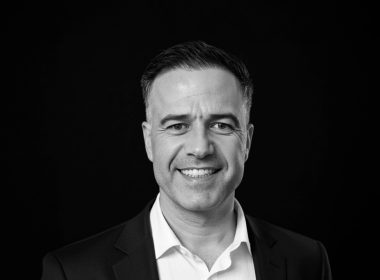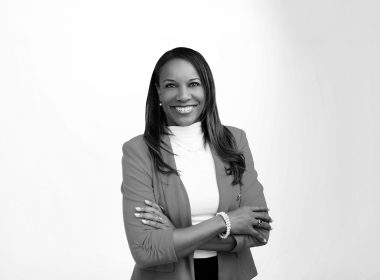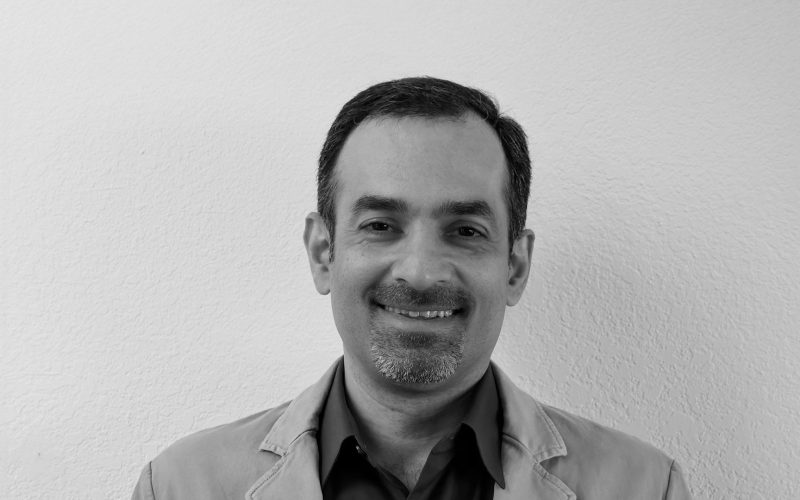Corporate America has a talent problem that starts long before the first interview. Fresh graduates enter the workforce with degrees but lack the professional fluency needed to navigate real business environments. Alex Dripchak discovered this gap during his years in Fortune 500 sales and consulting roles, leading him to co-found Commence, a company focused on bridging the divide between academic achievement and career readiness for young professionals.
Identifying Gaps In Graduate Readiness
Fortune 500 companies see it every hiring season. Bright students with impressive GPAs walk through the door, only to struggle with basic workplace interactions. Dripchak watched this play out over and over during his consulting career. “Students were entering the workforce unprepared for the real expectations of professional life,” he noticed. The issue wasn’t about intelligence or work ethic. These graduates could handle complex projects and analytical thinking. But ask them to follow up professionally with a hiring manager or navigate office politics? That’s where things fell apart. “That realization, along with many other observations, led me to co-found Commence, where we’re now working to redefine how the next generation can safeguard their success as early as 18 years old,” Dripchak explains.
Shift The Focus From Graduation To Readiness
Most college students treat graduation day as crossing the finish line. Students spend four years working toward that diploma, then suddenly find themselves staring at a completely different challenge. “Too many systems are designed to get students to graduation day, not to day one of their careers,” Dripchak points out. Think about it this way: you wouldn’t wait until senior year to start learning calculus if you’re an engineering major. So why do most career services wait until the final semester to start serious career prep? The disconnect is obvious once you see it. “We need to start earlier with integrated programs that build career awareness and readiness as part of the college journey, not as an afterthought,” he says.
Teach Professional Fluency, Not Just Job Skills
Walk into any college career center and you’ll find workshops on résumé writing and interview tips. Useful stuff, sure. But Dripchak saw something different during his corporate years. The graduates who succeeded weren’t just the ones with perfect résumés. “Writing a résumé is helpful, but knowing how to communicate in a meeting, follow up with a hiring manager, or manage your own professional reputation, that’s where real-world fluency comes in,” he explains. These are the skills that separate the employees who get promoted from those who stay stuck in entry-level roles. “Our programs coach students through the moments that matter most,” he says.
Build Scalable Human Centered Infrastructure
Here’s the catch with career coaching: it needs to reach thousands of students without losing the personal touch that makes it valuable. Most solutions pick one or the other. Either you get mass-market advice that’s too generic to help, or expensive one-on-one coaching that only reaches a few people. Dripchak’s team found a middle ground. “Career support should be consistent, accessible, and scalable,” he notes. Their approach combines online learning with real human coaches who guide students through specific challenges. “Through Commence, we’re delivering asynchronous learning via live coaching. So students don’t just learn what to do, they have someone guiding them through how to do it,” he explains. The difference matters more than you might think. “There’s a big difference between a compass that provides general direction and a GPS that gives step-by-step instructions. We are your GPS,” Dripchak says.
Measure What Matters To Employers And Students
College career services love to brag about job placement rates. Ninety percent of graduates found jobs within six months! Sounds impressive until you dig deeper. What kinds of jobs? How long did they stay? Were they happy with their career trajectory? Dripchak tracks different metrics. “The right metrics aren’t just job placement rates, they include engagement, satisfaction, and long-term trajectory,” he says. Getting someone hired is just the starting point. The real measure of success comes later. “Our goal isn’t a first job; it’s launching a successful, self-sustaining career journey,” he explains. That requires thinking beyond the immediate post-graduation scramble to consider how well students are prepared for the next five or ten years of social, financial & professional growth.
The college-to-career transition doesn’t have to feel challenging. That’s essentially what Dripchak is trying to fix. “Transitioning from college to career doesn’t have to be a leap of faith,” he says. “With the right support systems, we can turn that leap into a launch.” The ripple effects go beyond individual success stories. When graduates show up to their first jobs better prepared, everyone benefits. “When we do this well, we don’t just help students. We future-proof our workforce,” he concludes. Companies get employees who can contribute from day one, and students start their careers with confidence instead of anxiety.
Connect with Alex Dripchak on LinkedIn or his website to explore how Commence is redefining career readiness.











